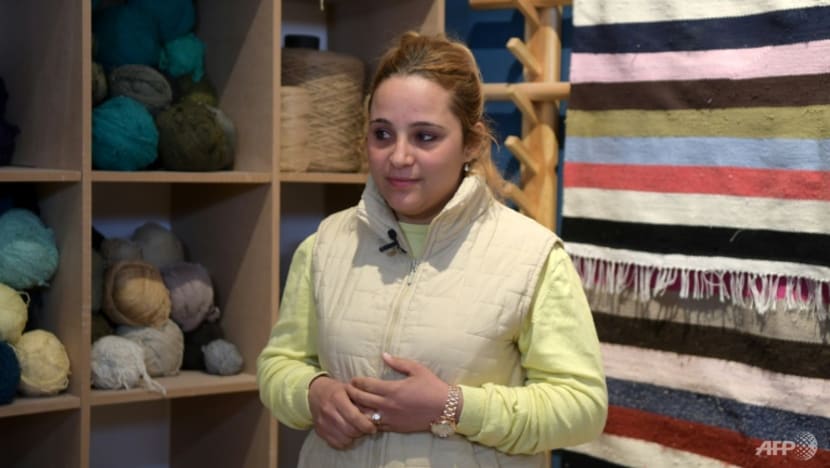Traditional, eco-friendly crafts are being adapted for new markets thanks to a project born in the Tunisian desert.
Nefta, a quiet town in the south of Tunisia, is renowned for its desert oasis and palm groves. But the town has been gaining recognition thanks to its carpets since 2014.
Here, women working in the El Mensej association earn a living by selling Turkish-style kilim rugs via a social enterprise that helps artisans from across Tunisia reach buyers.
It is not easy to guess on the spot but an old pair of unraveled jeans becomes for Najet Baccouche a raw material for a designer carpet. “We buy the material from second-hand markets, we unstitch them and work on them. That’s how we make a living from it, thanks to God.”
Shanti pays them $43 a piece, up to a maximum of four a month each to avoid pressuring them into overwork.
READ MORE: LILONGWE: Malawi signs MOU on BRI cooperation with China
Recycled clothes
In the town of some 22,000 people, social enterprise Shanti has also set up a haberdashery where weavers have free access to recycled balls of wool. Najet’s daugther witnessed how the old ladies’ craft became considered as a fully-fledged art: “The craftswomen’s reputations have grown in society, she’s assumed her rights, she’s taken on a personality that she’s made something of herself, she’s fought, and a lot of things in her home have changed, society has started to look at her differently.”
READ MORE: East African Community expands as Democratic Republic of Congo joins bloc
Shanti is also a family business. It is the brainchild of Najet’s nephew Mehdi Baccouche. He first asked his aunt to weave carpets for his friends before it turned into a business project: “So that’s how it started, with a little Facebook page to take personalised orders so people could have a rug in the colour and size they wanted, and little by little we started doing events, building an online presence, taking more orders, so the small group grew around these craftswomen in Nefta.”
If the system still relies on some support from NGOs, the carpets are now sold to design-conscious Tunisians. Others are exported or sold to firms such as a manufacturer for Spanish brand Zara.
Source: AN
